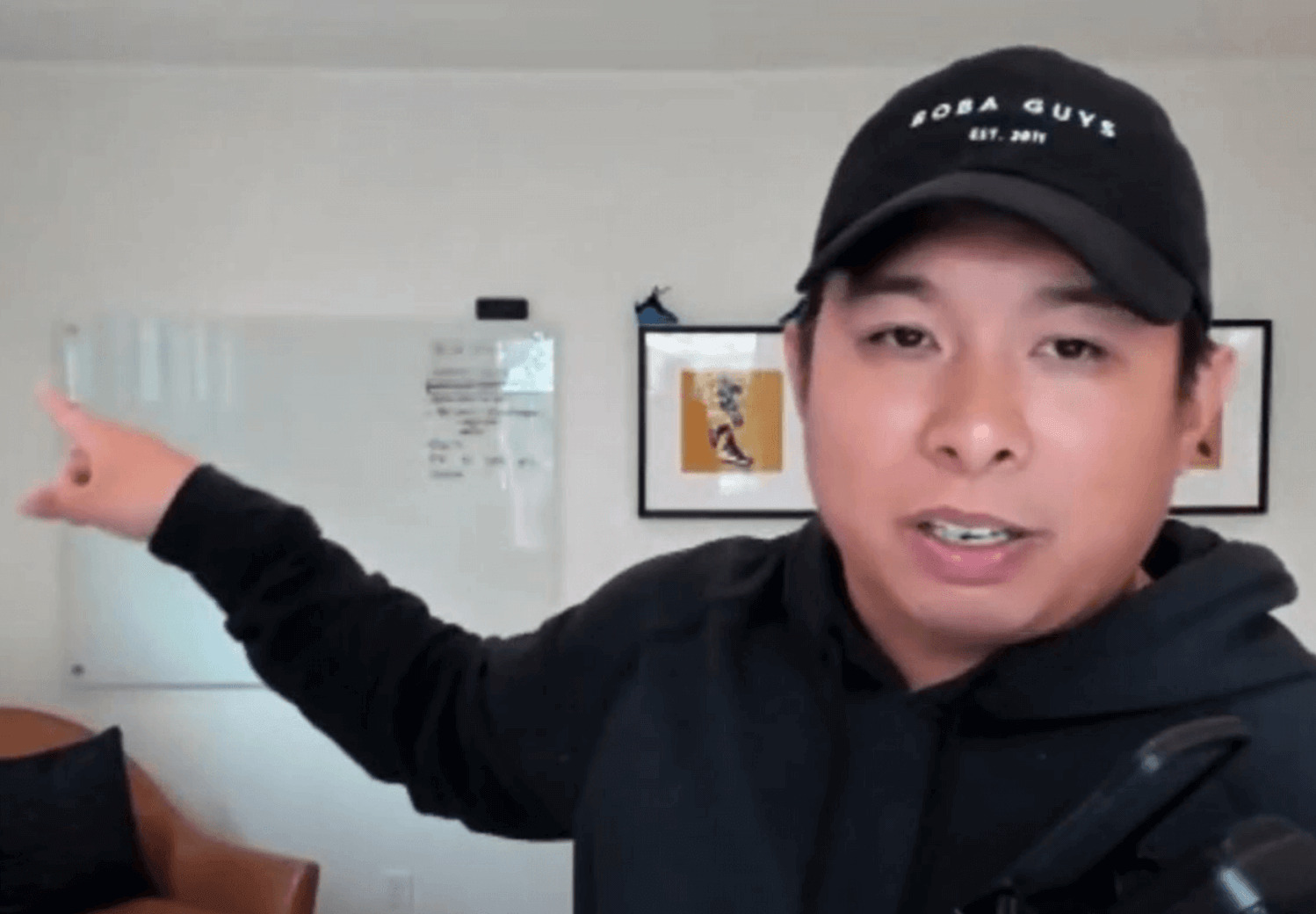Summary:
Eric Toda believes companies must navigate change in order to evolve. Learn how he challenges his team to break from the mindset of “we’ve always done it this way.”
Thuy
Most companies and the tech industry in particular have to constantly navigate change. What’s your secret for getting people on board with new changes?

Eric Toda
Just being able to articulate the opportunity. Not just the business opportunity, I think for corporations and businesses and organizations, you shouldn’t root it in the business opportunity, because then it becomes a very black and white financial opportunity gain for them. But I think more and more, you’re starting to see organizations and businesses understand the true purpose and change that they can make in the world, which equates to a larger business opportunity, for sure. But the more you have to navigate that change, the more you start to realize that it’s not necessarily about new ideas. It’s actually about evolution. And every single company should evolve.
I remember when I was at Gap Inc, I wrote on the wall, “We’ve always done it this way.” Gap Inc is a pretty old company, right, and then crossed a big line through it. And that became the mantra for what we did, always. If every decision that we made is aligned to that, then we’re doing our job and evolving this company. And therefore, we are providing new ideas, we’re shepherding a new future in and therefore, you can tell the story a lot easier. It’s about understanding that there’s a way to stay put, and then there’s a way to evolve. It’s always about evolution.
I remember when I was at Gap Inc, I wrote on the wall, “We’ve always done it this way.” Gap Inc is a pretty old company, right, and then crossed a big line through it. And that became the mantra for what we did, always. If every decision that we made is aligned to that, then we’re doing our job and evolving this company. And therefore, we are providing new ideas, we’re shepherding a new future in and therefore, you can tell the story a lot easier. It’s about understanding that there’s a way to stay put, and then there’s a way to evolve. It’s always about evolution.
Thuy
But at a legacy company like Gap Inc, you run into resistance, because some people don’t like change.

Eric Toda
Oh all the time.
Thuy
And so how did you handle that and get them on board, people who were resistant to your way of changing things?

Eric Toda
I mean, maybe that’s why I lost my job. Maybe? I think you run into that quite a bit. You run into that quite a bit, especially as you go into legacy companies. But I think the biggest thing, again, is just rooting it in business. It’s like, you have a larger opportunity to gain should you evolve? And you have to paint that picture. You use a lot of data, you use a lot of numbers to justify that. But that only goes so far. You have to actually compel people in their heart, that the new way of doing things is better than the old way of doing things for so many different reasons. If you talk to them like this, like a lot of people don’t want their legacy to be what they’ve always done. They want to be that they were the future leader, that they helped the evolution. So, you have to compel them. I think the charm, and storytelling, and being able to compel people, I had to flex that quite a bit in legacy companies.
Related Posts

You Can’t Please Everyone
Vy Tran learned a tough lesson as a first-time manager – you can’t please everyone. Having to “drive accountability” while also being a self-described “people pleaser” required Vy to dig deep and re-think how she communicates with her team.

Failing Forward
Failing forward is an essential skill not just at work but in life. For Vy Tran, learning from her mistakes has made her a more effective and influential leader.

